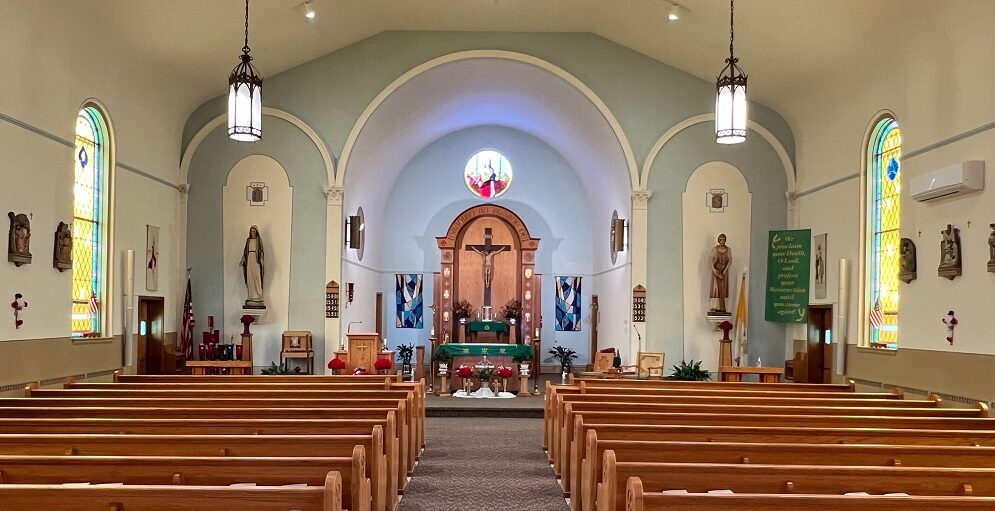The Sacrament of Confession, also known as the Sacrament of Penance and the Sacrament of Reconciliation, is one of the least understood, and least utilized, sacraments in the Catholic Church. In reconciling us to God, it is a great source of grace, and Catholics are encouraged to take advantage of it often, even if they are not aware of having committed a mortal sin. Confession is the telling of our sins to a duly authorized priest, for the purpose of obtaining forgiveness. Christ has fully satisfied for our sins and after our baptism we were free from all guilt and had no satisfaction to make. But when we willfully sinned after baptism, it is but just that we should be obliged to make some satisfaction. Given that sin destroys our relationship with God and undermines our relationship with each other, reconciliation designates that precise effect of Christ’s redemption of the human race and restores our relationship with God and humans.
“Confession heals, confession justifies, confession grants pardon of sin, all hope consists in confession; in confession there is a chance for mercy.” ― Saint Isidore of Seville
How to make a good Confession (2:18)
The Purpose of Confession
The purpose of Confession is to reconcile man to God. When we sin, we deprive ourselves of God’s grace. And by doing so, we make it even easier to sin some more. The only way out of this downward cycle is to acknowledge our sins, to repent of them, and to ask God’s forgiveness. Then, in the Sacrament of Confession, grace can be restored to our souls, and we can once again resist sin.
Before celebrating the Sacrament of Confession, one should prepare oneself with an examination of conscience, which involves reflecting prayerfully on one’s thoughts, words, and deeds in order to identify any sins.
What Is Required?
Three things are required of a penitent in order to receive the sacrament worthily: First, you must be contrite—or, in other words, sorry for your sins. Second, you must confess those sins fully, in kind and in number. Third, you must be willing to do penance and make amends for your sins.
Act of Contrition
O my God, I am heartily sorry for having offended you and I detest all my sins, because I dread the loss of heaven and the pains of hell, but most of all because they offend you, my God, who are all good and deserving of all my love. I firmly resolve, with the help of your grace, to confess my sins, to do penance and to amend my life. Amen.
